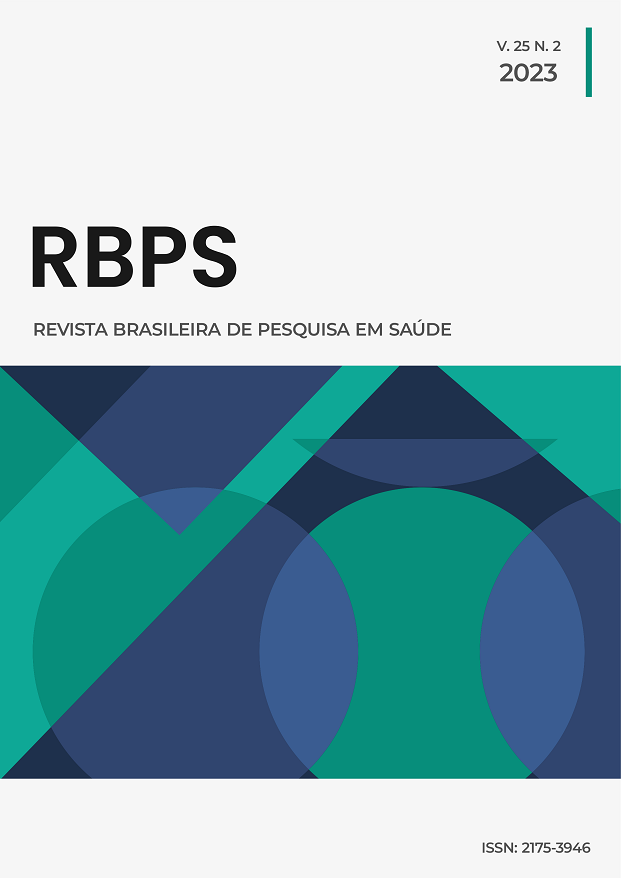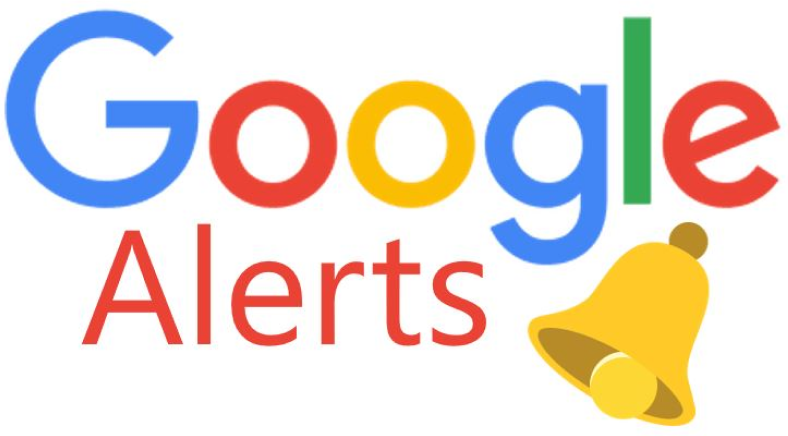The challenges of educational activities developed in the hospital scenario
DOI:
https://doi.org/10.47456/rbps.v25i2.35102Keywords:
Education, National Policy of Permanent Education, HospitalAbstract
Introduction: The health system in our country is considered a victory of the Health Reform Movement and, since its regulation, actions have been taken towards the improvement of professionals for the new system. Consistent with its principles and guidelines, the so-called Permanent Education aims to consolidate the idea of care networks, articulating services at all levels. Thus, in 2004, the National Policy on Continuing Education (PNEP) was launched, with great capillarity, especially in primary care services. To verify this imperative, we carried out qualitative research that aimed to analyze the Education in Service developed in three hospitals in a metropolitan region. Methods: Study with a qualitative approach to know the subject’s social experience, that is, the experiences of health professionals responsible for carrying out educational activities in a hospital environment. The data were collected from collective interviews, and, through the analysis of its content, the results of this research were extracted. Results: It was obtained as a result the description of the activities carried out, the identification of the teaching methodologies used and the difficulties found in the implementation and execution of the education programs of these establishments were verified. Conclusion: Educational activities are essential for the improvement of activities in hospital institutions and we emphasize that they occur based on Continuing Education, which seeks to offer training for a better performance of activities, in light of technological innovations, differently from what Permanent Education proposes, which aims at the production of protagonism by the workers.
Downloads
References
Santos NR. SUS 30 anos: o início, a caminhada e o rumo. Ciência & Saúde Coletiva. 2018 Jun; 23(6):1729-36.
Ferreira L, et al. Educação Permanente em Saúde na atenção primária: uma revisão integrativa da literatura. Saúde em Debate 2019 May; 43(120):223-39.
Oliveira IV et al. Educação Permanente em Saúde e o Programa Nacional de Melhoria do Acesso e da Qualidade da Atenção Básica: um estudo transversal e descritivo. Saúde em debate. 2020 Jan-Mar; 44(124):47-57.
Justos MA, Teixeira PC, et al. Bases para diálogos e reflexões em educação permanente em saúde. Superintendência em educação em saúde. 2018 Jan-Mar;44(124):47-57.
Bahia L, Scheffer M. SUS e o setor privado assistencial: inter¬pretações e fatos. Saúde em Debate. 2018 Nov; 42(spe3):158-72.
Bahis L. Trinta anos de Sistema Único de Saúde (SUS): uma tran¬sição necessária, mas insuficiente. Caderno de Saúde Pública. 2018; 34(7):1-16.
Araujo IMM, Nascimento DF, Pereira AM. Regulação em saúde no setor privado: o caso da ANS no Brasil e da ERS em Portugal. Physis. 2018; 28(4):1-22.
Silva A, Castro-Silva CR, Moura L. Pesquisa qualitativa em saúde: percursos e percalços da formação para pesquisadores iniciantes. Saúde soc. 2018 Apr-Jun; 27(2):632-45.
Bonfim Junior ER, Monteiro RS. Jogos digitais como fer¬ramenta de aprendizagem na área de saúde: uma revisão. Internet]. Disponível em: https://doity.com.br/media/doity/ submissoes/5cd9baf7-d7ac-410b-9c86-388b43cda1d7-jogos-digitais-como-ferramenta-de-aprendizagem-sobre-o-combate-e-a-prevencao-de-uma-epidemiapdf.pdf.
Downloads
Published
Issue
Section
License
Copyright (c) 2023 Brazilian Journal of Health Research

This work is licensed under a Creative Commons Attribution-NonCommercial-NoDerivatives 4.0 International License.
Authors and reviewers must disclose any financial, professional, or personal conflicts of interest that could influence the results or interpretations of the work. This information will be treated confidentially and disclosed only as necessary to ensure transparency and impartiality in the publication process.
Copyright
RBPS adheres to the CC-BY-NC 4.0 license, meaning authors retain copyright of their work submitted to the journal.
- Originality Declaration: Authors must declare that their submission is original, has not been previously published, and is not under review elsewhere.
- Publication Rights: Upon submission, authors grant RBPS the exclusive right of first publication, subject to peer review.
- Additional Agreements: Authors may enter into non-exclusive agreements for the distribution of the RBPS-published version (e.g., in institutional repositories or as book chapters), provided the original authorship and publication by RBPS are acknowledged.
Authors are encouraged to share their work online (e.g., institutional repositories or personal websites) after initial publication in RBPS, with appropriate citation of authorship and original publication.
Under the CC-BY-NC 4.0 license, readers have the rights to:
- Share: Copy and redistribute the material in any medium or format.
- Adapt: Remix, transform, and build upon the material.
These rights cannot be revoked, provided the following terms are met:
- Attribution: Proper credit must be given, a link to the license provided, and any changes clearly indicated.
- Non-Commercial: The material cannot be used for commercial purposes.
- No Additional Restrictions: No legal or technological measures may be applied to restrict others from doing anything the license permits.

























